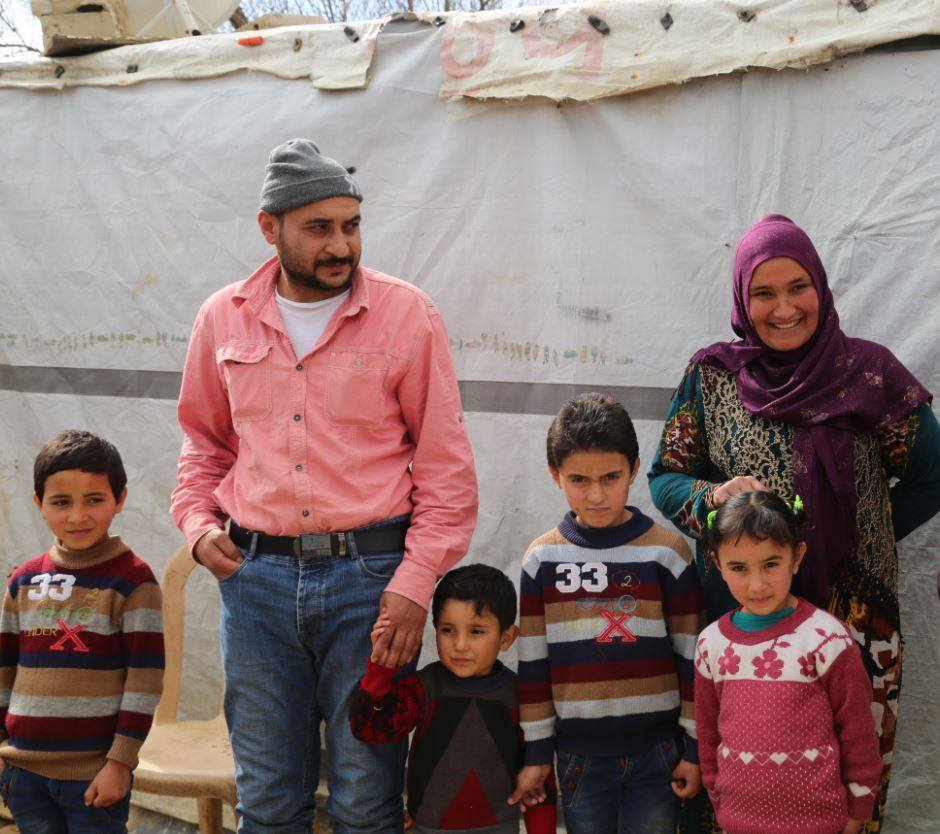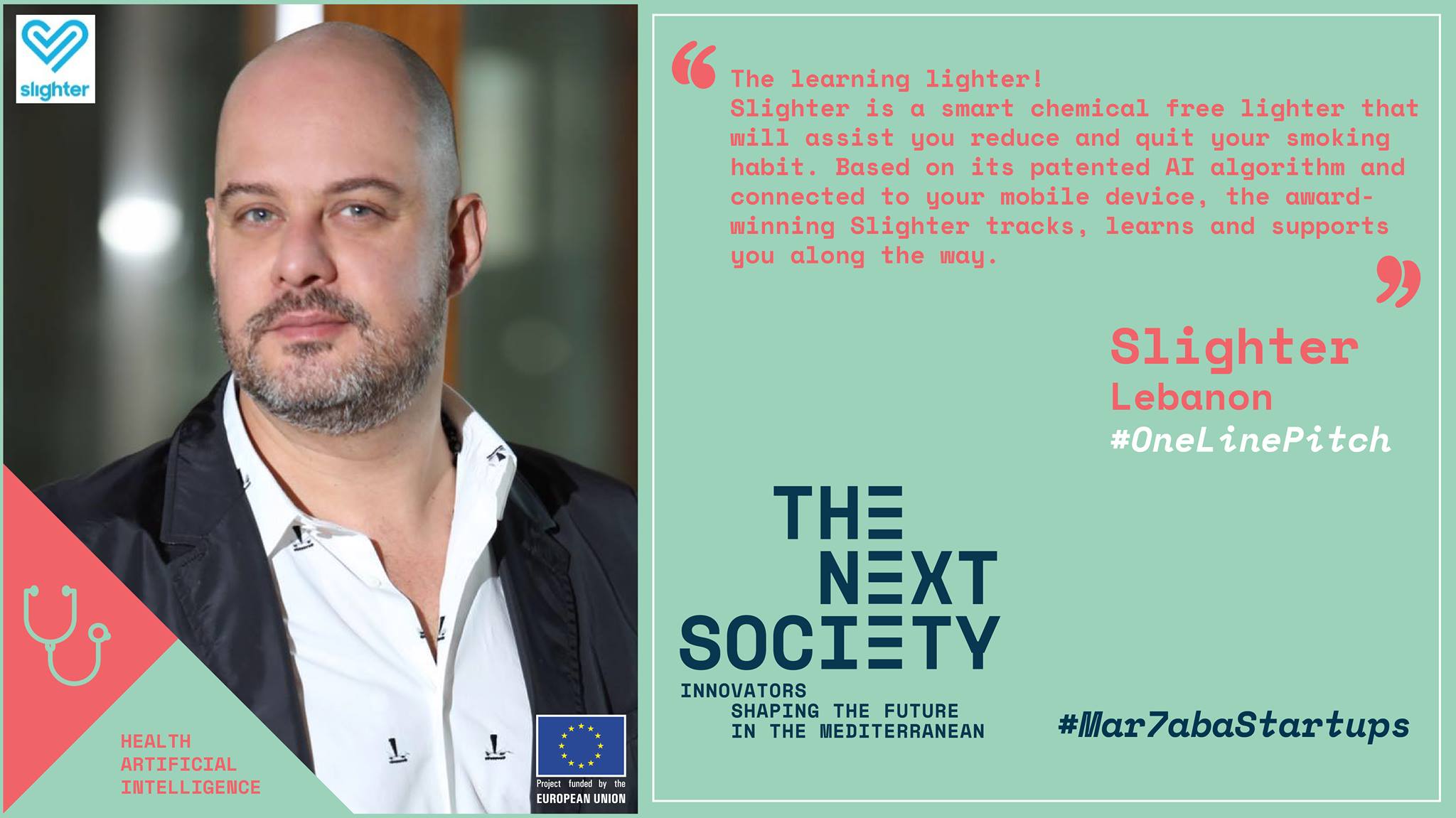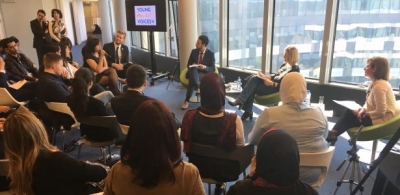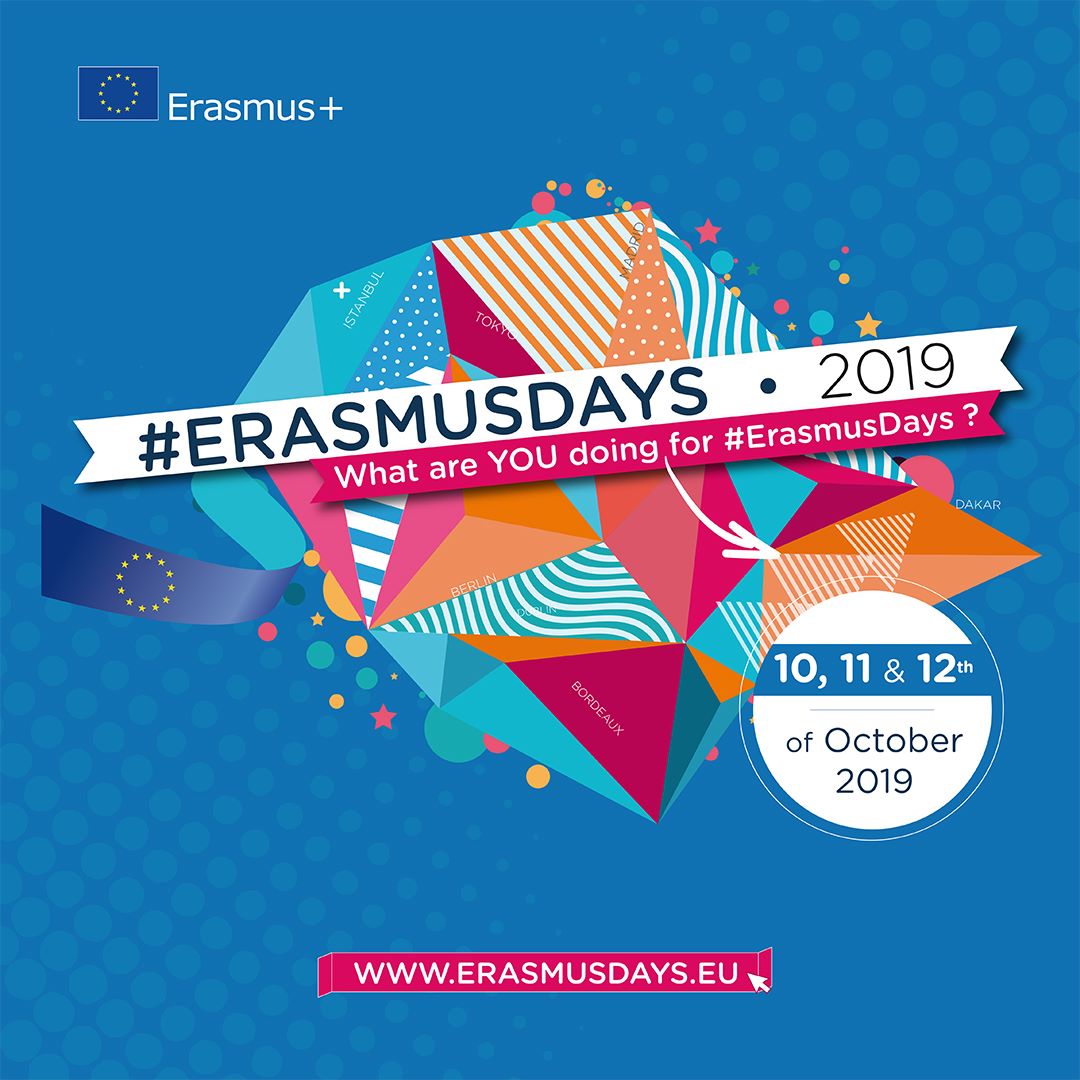EU Ambassador Christina Lassen meets with families of Syrian refugees in the Beqaa

EU Ambassador Christina Lassen visited the Beqaa to meet with Syrian refugee families benefiting from EU assistance. The visit was organised by the EU’s humanitarian aid department, ECHO, together with the World Food Programme and International Rescue Committee.
In the town of Qab Elias, families of Syrian refugees shared their grievances, needs and daily challenges with Ambassador Lassen. Their testimonies shed light on the harsh and abrupt disruption in their lives, caused by their displacement from Syria. “In Syria, we suffered a lot when the war broke. We were internally displaced, travelling from village to village for six months before making it to Lebanon,” Ali said. He added: “The assistance carries us until the middle of the month, then we cover the rest of our expenses by taking out debts.”
Several families described how EU assistance has significantly improved their living conditions. “With our multi-purpose cash, we are able to buy more food, as well as cover our electricity, heating gas, and pay for a bit of our rent,” one family said. “Now we can buy fresh produce from the weekly farmers’ market, which is much cheaper than a supermarket,” it added.
The EU’s humanitarian aid, through ECHO, has reached around 750,000 Syrian refugees in Lebanon. The EU has been providing cash assistance, non-formal education and shelter – including water, hygiene and sanitation – to improve the conditions of the families most affected by the displacement.
The EU has partnered with the World Food Programme to provide cash assistance to vulnerable Syrian refugees in Lebanon. The cash assistance gives the families the choice to spend it on their food, health, education, shelter and other needs.
The EU is also working with the International Rescue Committee to help Syrian refugees with advice and legal assistance through its protection programme, for example to victims of violence.
Read More



























 Syria
Syria 



